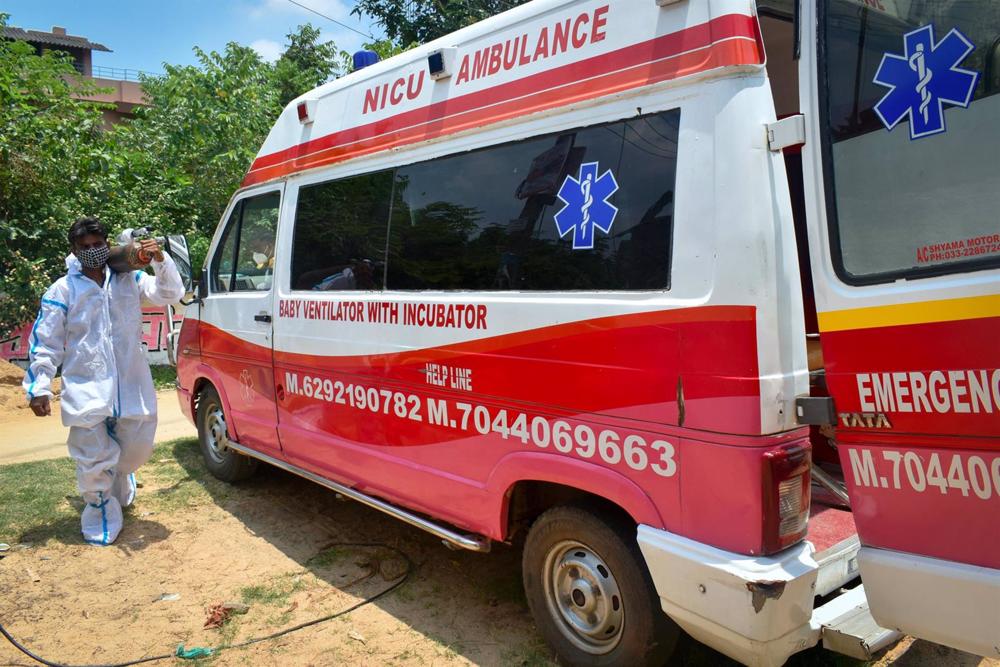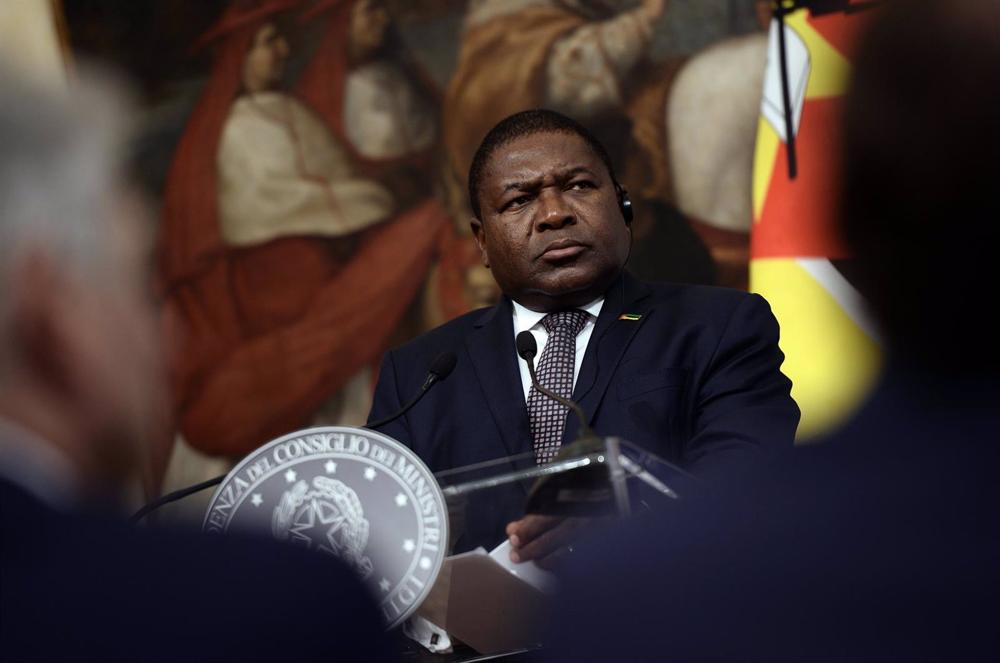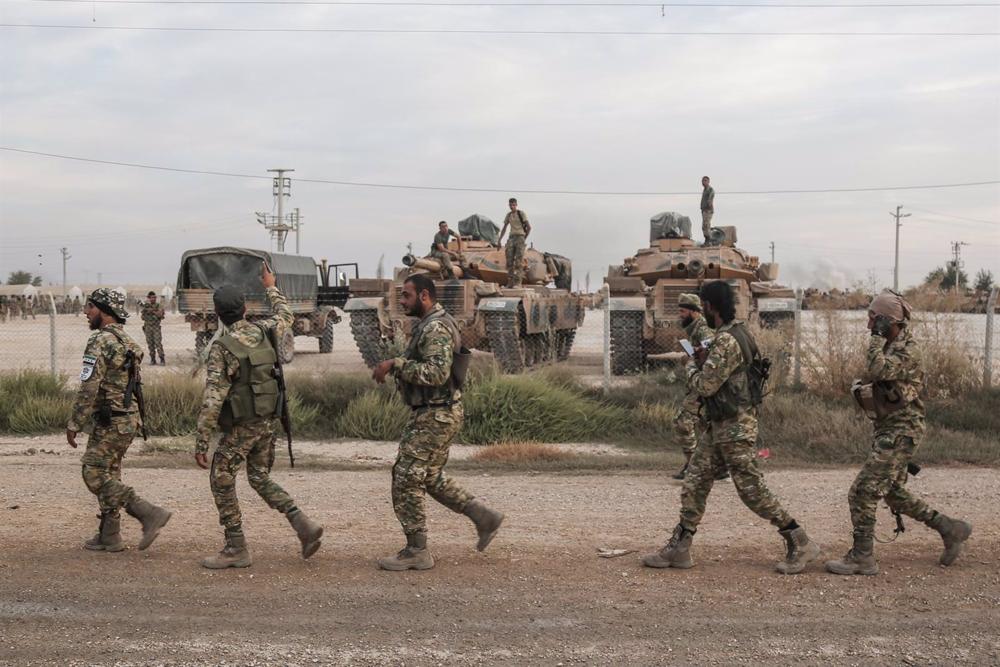
The International Monetary Fund (IMF) has announced on Tuesday an agreement in principle for a financial rescue program for Ghana worth about 3 billion dollars (about 2.815 billion euros) with the aim of «restoring macroeconomic stability» and «debt sustainability» of the African country.
The head of the organization’s mission in Ghana, Stéphane Roudet, has indicated that the IMF «has reached a preliminary agreement with the Ghanaian authorities for a three-year program supported by an arrangement under the Extended Credit Facility (ECF) worth about $3 billion,» according to a statement published by the organization through its website.
«The economic program seeks to restore macroeconomic stability and debt sustainability while laying the foundation for stronger and more inclusive growth,» it has said, before stressing that this agreement «is subject to the approval of the IMF Board of Governors and the delivery of the necessary financial guarantees by Ghana’s partners and creditors.»
He emphasized that «the Ghanaian authorities are committed to a comprehensive economic reform program that builds on the government’s Post COVID-19 Economic Growth Program and addresses the major challenges facing the country», while noting that «key reforms seek to ensure the sustainability of public finances while protecting the vulnerable».
The IMF revealed that Ghana’s commitments include «strengthening social safety nets» and implementing «structural reforms» to «achieve lasting consolidation». «This includes developing a medium-term plan to generate additional revenue and advance reforms to improve tax compliance.»
«Efforts will also be made to strengthen public expenditure control commitments, improve fiscal transparency (…), improve the management of public enterprises, and address structural challenges in the energy and cocoa sectors. The authorities have also committed to improve governance and accountability,» explained Roudet.
In this regard, the IMF noted that «the authorities have announced a comprehensive debt restructuring» and added that «reducing inflation, improving resilience to external shocks, and improving market confidence are also important program priorities.» «To this end, the Bank of Ghana will continue to strengthen its monetary policy and promote exchange rate flexibility to rebuild external buffers,» he noted.
Roudet stressed that «the authorities are committed to taking the necessary mitigating measures to ensure that the stability of the financial sector is preserved,» before indicating that the agency has also been in contact with trade unions, members of the private sector and representatives of civil society to get the rescue program underway.
The announcement came at a time of collapse of the local currency, the cedi, which lost about half of its value during 2022, amid inflation that has reached 40 percent and has caused a severe economic crisis in Ghana, deepened by the coronavirus pandemic and rising commodity and energy prices due to the war in Ukraine.






